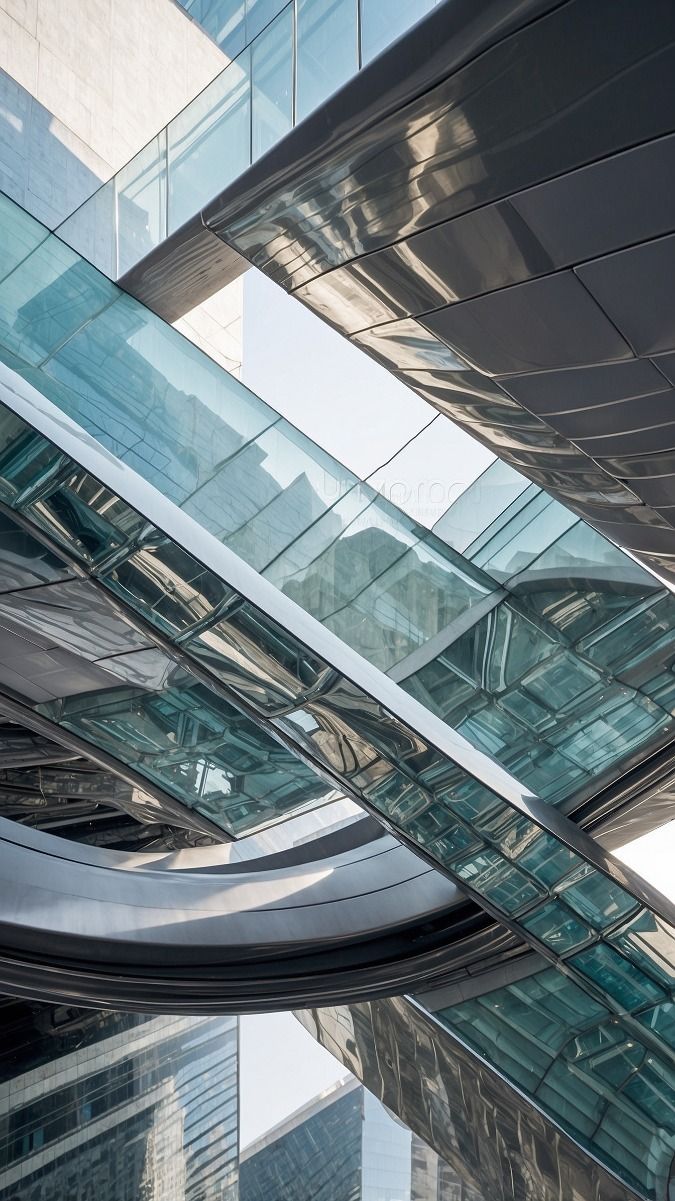
Installing commercial windows and doors is a crucial decision for any business, impacting both aesthetics and functionality. McDowell Glass understands the significance of this investment and offers insights into the key considerations that should guide your decision-making process.
Understanding Commercial Windows And Doors
Purpose and Functionality
Commercial doors and windows serve multiple purposes beyond aesthetics. They contribute to energy efficiency, security, and even branding. Assessing the primary functions your windows and doors need to fulfill is essential. Are they primarily for enhancing natural light, ensuring security, or maintaining a specific interior temperature? Understanding these priorities helps in selecting the right materials and specifications.
Building Regulations and Codes
Compliance with building regulations and codes is non-negotiable. McDowell Glass emphasizes the importance of adhering to local, state, and national regulations governing the installation of commercial doors and windows. Factors such as wind load resistance, energy efficiency ratings, and accessibility requirements must all be considered to avoid costly rework and ensure the safety and comfort of occupants.
Material Selection
Choosing the right materials is critical for durability, maintenance, and overall performance. McDowell Glass offers a range of options including aluminum, vinyl, fiberglass, and wood, each with its own benefits in terms of aesthetics, insulation properties, and longevity. Factors such as climate, exposure to elements, and maintenance requirements should guide your material selection process.
Energy Efficiency
Energy-efficient windows and doors can significantly reduce heating and cooling costs for commercial properties. McDowell Glass recommends selecting products with high energy performance ratings and considering features such as low-emissivity coatings, double or triple glazing, and proper insulation techniques. Investing in energy-efficient solutions not only lowers operational costs but also enhances sustainability efforts.
Security and Safety
Ensuring the safety and security of employees, customers, and assets is paramount. McDowell Glass provides solutions that meet stringent security standards, including impact-resistant glass, advanced locking mechanisms, and compliance with industry security certifications. Assessing potential vulnerabilities and integrating appropriate security features is crucial for protecting your business.
Design and Aesthetics
Commercial windows and doors contribute significantly to the overall aesthetic appeal of a building. McDowell Glass understands the importance of design coherence with your brand identity and architectural style. Whether your preference is for sleek modern designs or traditional aesthetics, our customizable options ensure that your windows & doors align seamlessly with your vision.
Maintenance Requirements
Regular maintenance prolongs the lifespan and performance of commercial doors and windows. McDowell Glass advises businesses to consider the long-term maintenance requirements associated with different materials and designs. Factors such as ease of cleaning, durability of finishes, and warranty coverage should all influence your decision-making process.
Budget and Return on Investment (ROI)
Budget considerations are crucial when selecting commercial doors and windows. McDowell Glass provides transparent pricing and guidance on balancing upfront costs with long-term benefits and ROI. Energy savings, reduced maintenance, and enhanced property value are all factors to consider when evaluating the financial implications of your investment.
Conclusion
Installing commercial doors and windows involves a multifaceted decision-making process that impacts the functionality, aesthetics, and efficiency of your business space. McDowell Glass is committed to guiding businesses through this process, offering expert advice, quality products, and professional installation services tailored to your specific needs. By prioritizing considerations such as functionality, compliance, energy efficiency, security, design, maintenance, and budget, businesses can make informed decisions that optimize the performance and appeal of their commercial properties.